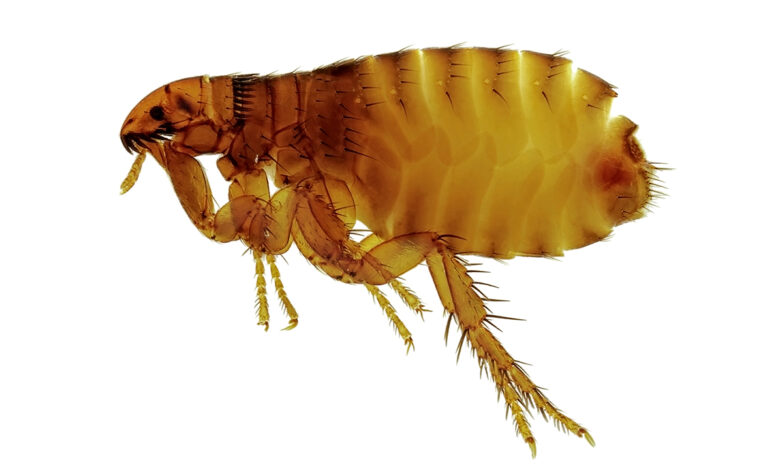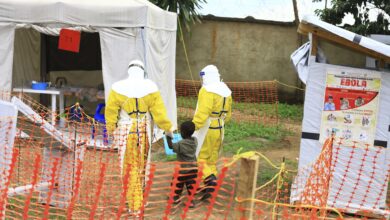California city sees ‘significant increase’ in flea-borne typhus cases

[ad_1]
The city of Long Beach, Calif., has seen a “significant increase” in the number of flea-borne typhus cases reported in the first half of 2021. The flea-borne illness, which can cause high fever, chills, headache or in some cases severe illness, was first introduced to the area in 2006, according to health officials.
While the bacterial illness is now endemic to Long Beach, health officials say the number of cases reported thus far are more than double what they normally are. According to the Long Beach Department of Health and Human Services (Health Department), officials have already been notified of 10 cases this year.
The officials noted that the increase is not specific to one geographical location in Long Beach, although it is considered a rare disease in the U.S.
The illness is transmitted to humans when the bacteria enters the skin through scratching following a bite from an infected flea, but most patients do not recall actually being bitten. Fleas poop when they feed, according to the Centers for Disease Control and Prevention (CDC), and the poop can then be rubbed into the bite wound or other breaks in skin that causes infection. People can also breathe in inflected flea poop or rub it into their eyes, but it is not spread from person to person.
Rats, cats, dogs, raccoons and opossums may carry the fleas into or near homes. While the animals don’t get sick from typhus, humans do.
CONNECTICUT CONFIRMS 2 POWASSAN VIRUS INFECTIONS: WHAT TO KNOW ABOUT TICK-BORNE ILLNESS
Most people can recover completely, although some may require antibiotics.
In a news release posted Tuesday, health officials included tips to help reduce the risk of contracting it, which included treating pet dogs and cats regularly for fleas. Officials also advised against leaving pet food outdoors, avoiding debris and overgrown vegetation, storing trash in cans with secure lids, and applying an EPA-registered insect repellent. They also warned not to provide food or water to wild animals.
CLICK HERE TO GET THE FOX NEWS APP
“In Long Beach, each typhus case requires the patient be interviewed by an epidemiologist to determine exposures and conduct education,” the news release said. “Cases are then referred to the Vector Control Program, with visits to the homes where individual cases have occurred and their surrounding neighborhood to provide recommendations and education on how to avoid fleas in the home.”
[ad_2]
Source link





